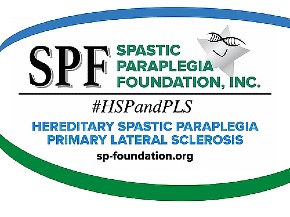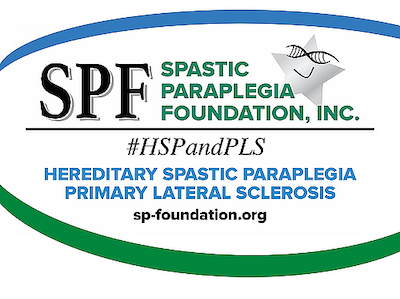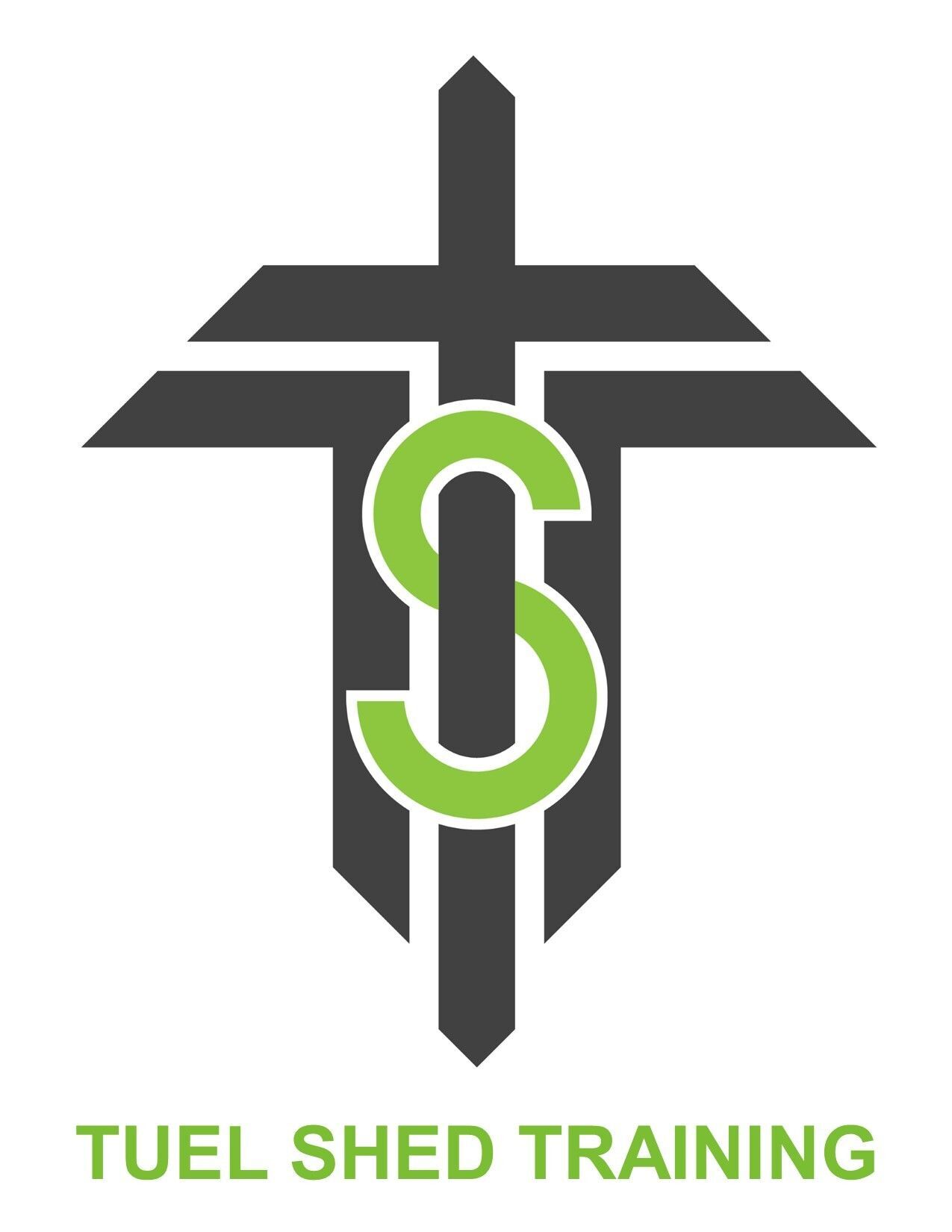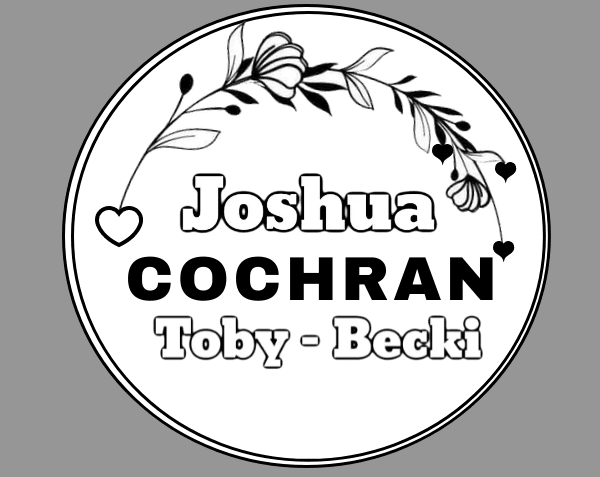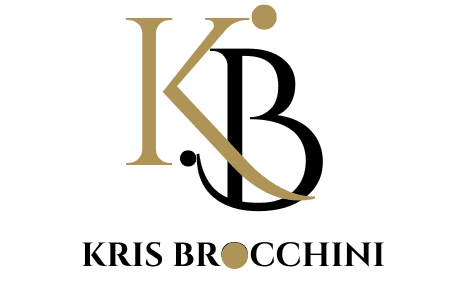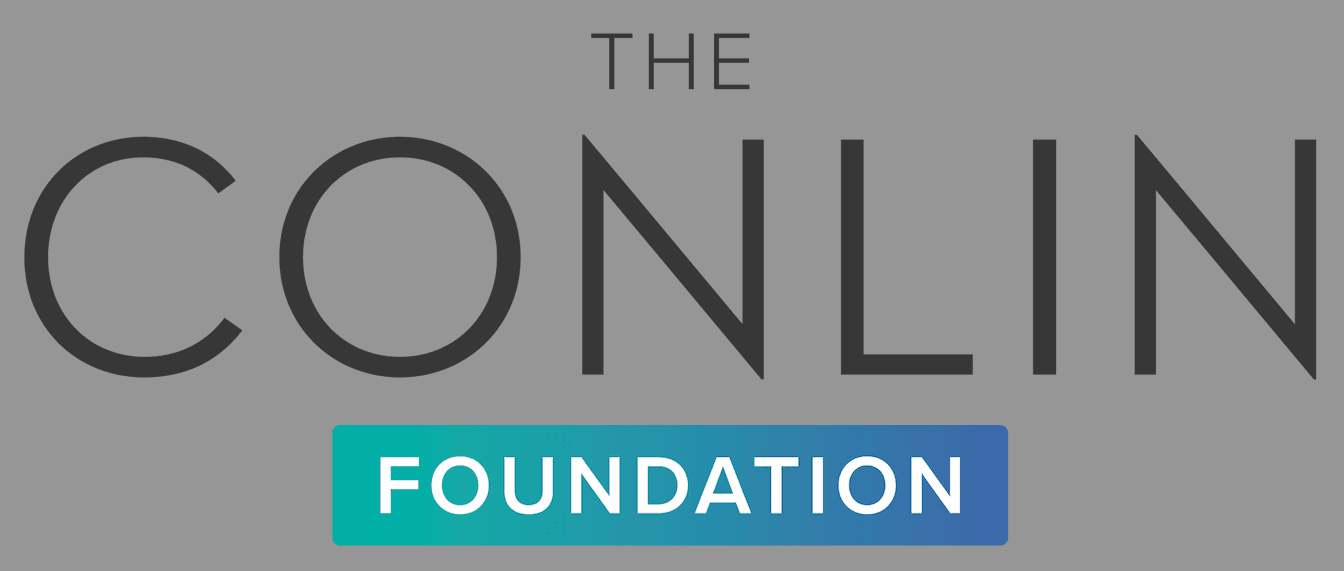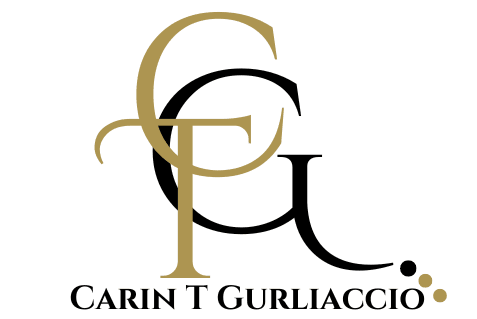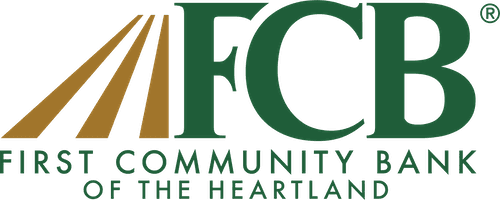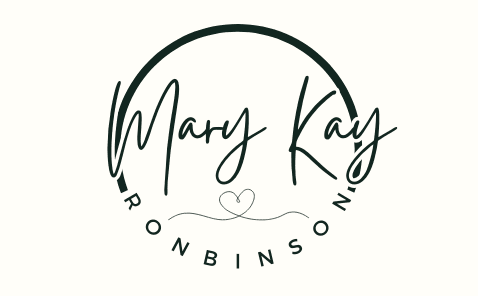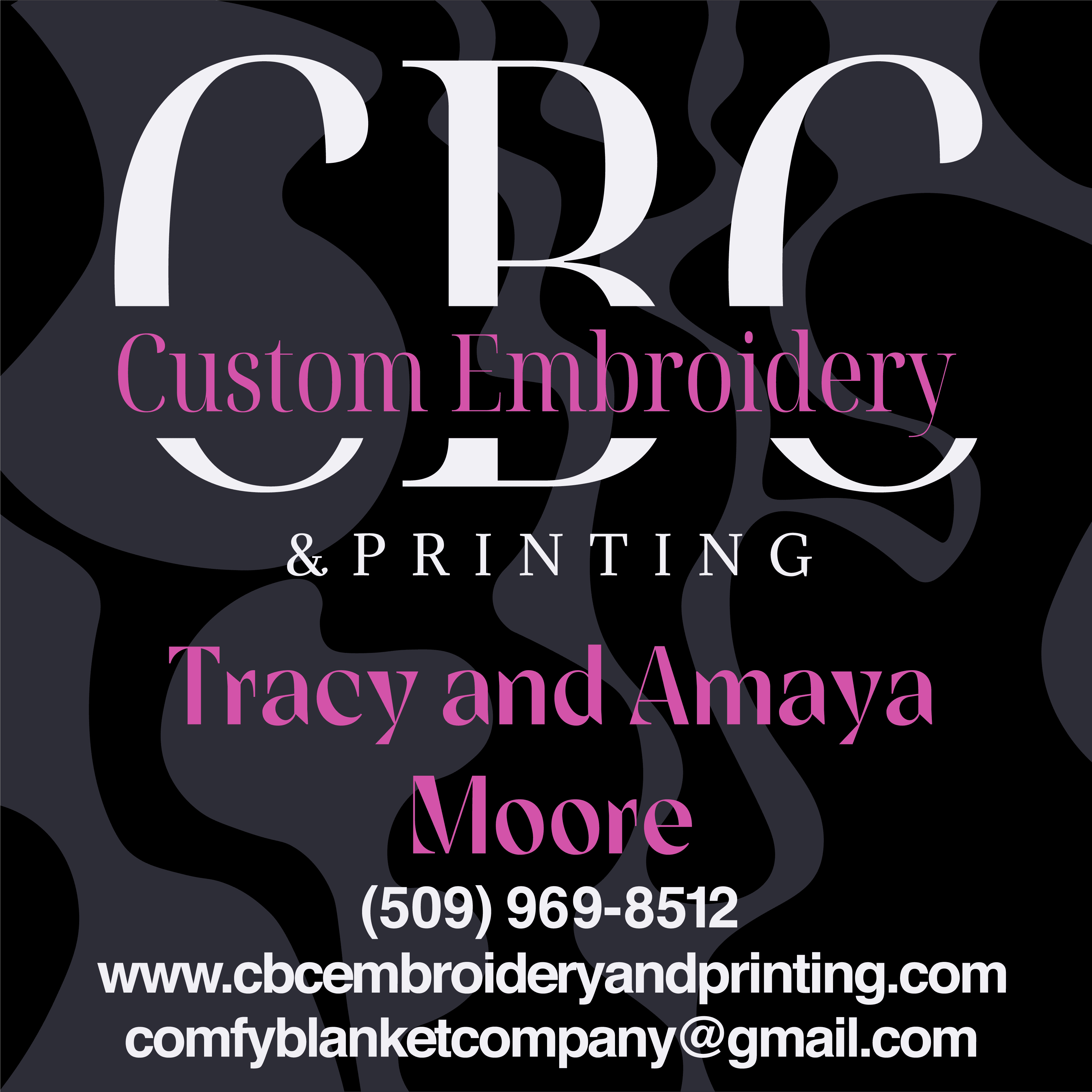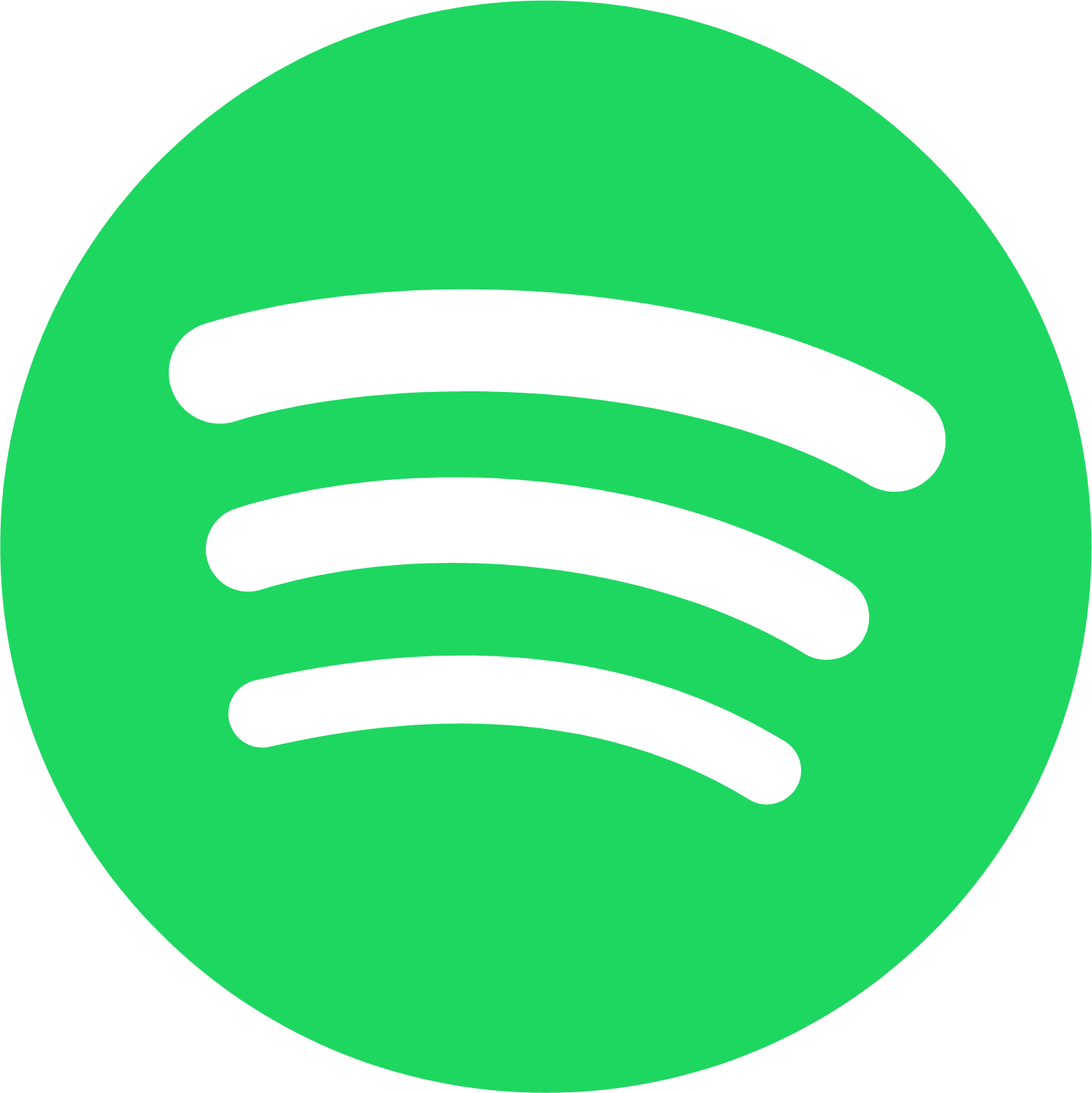The genome-sequencing startup Nebula Genomics has signed up its first biopharma partner, the San Francisco-based company announced on Tuesday, a step toward realizing an unusual business model it calls “sponsored sequencing”: Customers can have their full genome sequenced for free if they let Nebula share their (anonymized) DNA and other data with corporate partners, with blockchain technology assuring data privacy.
The partnership with EMD Serono, the biopharmaceutical arm of the German chemicals and pharma giant Merck KGaA, is a pilot program to test Nebula’s technology and platform, said Nebula chief scientific officer Dennis Grishin. “But we hope it will help drive interest from other potential partners” that believe they can use DNA data to drive drug development, he added. If a particular DNA variant seems to be associated with, say, epilepsy, that gene or its downstream products might be a drug target.
The initial ask in the Nebula-EMD Serono agreement: people with lung cancer. Those who agree to share their DNA data with Serono can get highly accurate DNA sequencing, called 50X coverage, at no cost. (The number indicates how many times a genome is sequenced, with each pass increasing accuracy. Anything above 30 is considered high-quality.)
Answering health and lifestyle surveys and referring friends also qualifies for free sequencing (an effort by Nebula to build up its database), but at only 0.4X coverage; a number below 1 means some regions aren’t sequenced.
Under the agreement, EMD Serono will sponsor 50X coverage for people who have or have had lung cancer. The companies declined to disclose how many people or how much Serono will pay Nebula, but in a statement Serono said it hopes “to generate big data for comprehensive molecular characterization of patients” and use it to develop “a deeper understanding of diseases.”
Nebula will also sequence the DNA of customers’ lung tumors, which can identify mutations driving the cancer. That presents the 13-person company with the logistical challenge of getting patients’ consent to acquire tissue samples from the hospital where they had lung cancer surgery and then actually getting those samples. “It will be a learning experience,” Grishin said.
Genetic testing company 23andMe also has pharma partnerships, notably with GlaxoSmithKline, allowing companies to mine de-identified DNA data and customers’ questionnaires about health and behavior for clues that might guide new drug development. But customers who agree to participate in research, as some 80 percent of its 10 million-plus users have, can’t choose which projects their data are used in, and can’t opt out of specific ones. Data from 23andMe’s customers have been used in, on average, 200 studies.
Nebula’s one-at-a-time opt-in model “is an improvement” over that, said legal scholar Ellen Clayton of Vanderbilt University, an expert on genetics and privacy. “Giving people a choice about who their data gets shared with gives them somewhat more control over how their data is used than what 23andMe and other genetic testing companies do,” she said. And using blockchain, which keeps a record of database queries, “is a big step further in the realm of protection than anything I’ve seen in a while,” she said.
Clearing an ethical bar doesn’t mean succeeding financially, of course. Nebula, which was co-founded by Harvard biologist George Church and raised $4.3 million from early-stage investors last year, is not revealing precisely how many customers have paid for sequencing since its 2018 launch, but says “thousands” have received free sequencing by opting to share their data. It plans to start another funding round soon.
It’s not clear what size database Nebula needs to attract sponsors. How much data researchers need to reliably tie a gene not only to the cause of a disease but also to a potential treatment depends on the heritability of a disease, the size of the genetic effect (the smaller it is, as in Alzheimer’s, the more data are required), and the incidence of the disease. “We are talking with other companies interested in cohorts of rare disease patients,” Grishin said.
And customers without a disease diagnosis? “We believe that sponsored sequencing can also be made available to apparently healthy individuals,” Grishin said, providing data for researchers, probably in academia, interested in associations between genes and a long list of traits.
